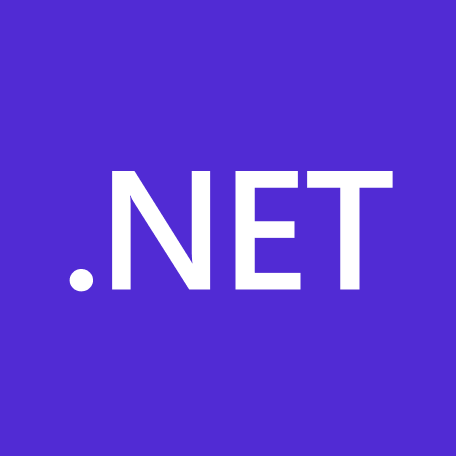#readwise
# Versioning gRPC Services

## Metadata
- Author: [[JamesNK]]
- Full Title: Versioning gRPC Services
- URL: https://learn.microsoft.com/en-us/aspnet/core/grpc/versioning?view=aspnetcore-9.0&utm_source=chatgpt.com
## Highlights
The gRPC protocol is designed to support services that change over time. **Generally, additions to gRPC services and methods are non-breaking**. Non-breaking changes allow existing clients to continue working without changes. **Changing or deleting gRPC services are breaking changes**. When gRPC services have breaking changes, clients using that service have to be updated and redeployed. ([View Highlight](https://read.readwise.io/read/01jdvxqqf38t5cyh1btmw38f9h))
---
## Non-Breaking Changes
**These changes are non-breaking at a gRPC protocol level and .NET binary level**:
- **Adding a new service**
- **Adding a new method** to a service
- **Adding a field to a request message** - Fields added to a request message are deserialized with the [default value](https://developers.google.com/protocol-buffers/docs/proto3#default) on the server when not set. To be a non-breaking change, **the service must succeed when the new field isn't set** by older clients.
- **Adding a field to a response message** - If an older client hasn't been updated with the new field, the value is deserialized into the response message's [unknown fields](https://developers.google.com/protocol-buffers/docs/proto3#unknowns) collection.
- **Adding a value to an enum** - Enums are serialized as a numeric value. New enum values are deserialized on the client to the enum value without an enum name. To be a non-breaking change, **older clients must run correctly when receiving the new enum value**. ([View Highlight](https://read.readwise.io/read/01jdvxr2jqhzct78kqqn8dy4mp))
---
## Breaking Changes
**The following changes are non-breaking at a gRPC protocol level, but the client needs to be updated if it upgrades to the latest `.proto` contract or client .NET assembly.** Binary compatibility is important if you plan to publish a gRPC library to NuGet.
- **Removing a field** - Values from a removed field are deserialized to a message's [unknown fields](https://developers.google.com/protocol-buffers/docs/proto3#unknowns). This isn't a gRPC protocol breaking change, but **the client needs to be updated if it upgrades to the latest contract**. It's important that a removed field number isn't accidentally reused in the future. To ensure this doesn't happen, specify deleted field numbers and names on the message using Protobuf's [reserved](https://developers.google.com/protocol-buffers/docs/proto3#reserved) keyword.
- **Renaming a message - Message names aren't typically sent on the network, so this isn't a gRPC protocol breaking change. The client will need to be updated if it upgrades to the latest contract. One situation where message names are sent on the network is with [Any](https://developers.google.com/protocol-buffers/docs/proto3#any) fields, when the message name is used to identify the message type.**
- **Nesting or unnesting a message** - Message types can be [nested](https://developers.google.com/protocol-buffers/docs/proto3#nested). Nesting or unnesting a message changes its message name. **Changing how a message type is nested has the same impact on compatibility as renaming**.
- **Changing csharp_namespace** - Changing `csharp_namespace` will change the namespace of generated .NET types. This isn't a gRPC protocol breaking change, but the client needs to be updated if it upgrades to the latest contract. ([View Highlight](https://read.readwise.io/read/01jdvxvv9vbcep2v58s99yk6zt))
---
**The following items are protocol and binary breaking changes**:
- **Renaming a field** - With Protobuf content, the field names are only used in generated code. The field number is used to identify fields on the network. **Renaming a field isn't a protocol breaking change for Protobuf. However, if a server is using JSON content then renaming a field is a breaking change.**
- **Changing a field data type** - Changing a field's data type to an [incompatible type](https://developers.google.com/protocol-buffers/docs/proto3#updating) will cause errors when deserializing the message. Even if the new data type is compatible, it's likely the client needs to be updated to support the new type if it upgrades to the latest contract.
- **Changing a field number** - With Protobuf payloads, the field number is used to identify fields on the network.
- **Renaming a package, service or method** - gRPC uses the package name, service name, and method name to build the URL. The client gets an *UNIMPLEMENTED* status from the server.
- **Removing a service or method** - The client gets an *UNIMPLEMENTED* status from the server when calling the removed method. ([View Highlight](https://read.readwise.io/read/01jdvxx57zzg6rjpd451bvx2py))
---